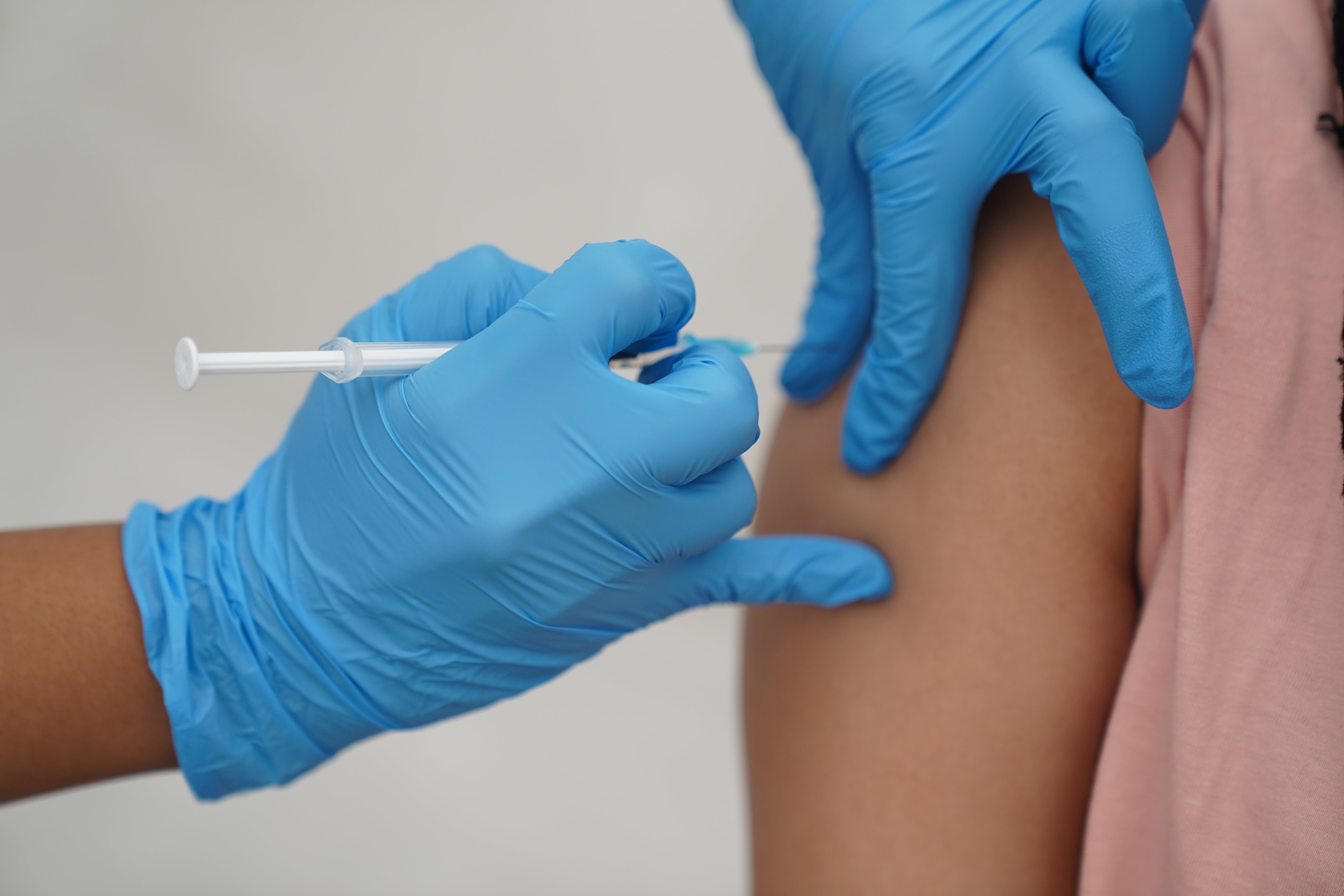Boris Johnson says he wants Global Britain – then stop blocking access to Covid vaccines for poorer countries
Omicron has reminded us all that supplying everyone in low- and middle-income countries with enough Covid vaccines is crucial to preventing more dangerous variants


Reading this, it is likely that you, like over 90 per cent of the UK population over the age of 12, have had a dose of the coronavirus vaccine. It might not have been easy to get – a lot of my constituents have found the rules arbitrary and hard to navigate. But, vaccines have been available and people have done the right thing by getting jabbed.
In fact, you might understandably get the impression there is an abundance of vaccine doses. But the reality is that a handful of multinational pharmaceutical companies artificially constrain the supply in order to maximise their profits – profits made on vaccines developed with substantial public funding. As a result of this, low-income countries have little access to the limited doses available – leaving just a small percentage of their populations fully vaccinated.
Boosting the global supply of vaccines is the first step priority to ensuring those in low and middle-income countries can get jabbed. More companies could manufacture these life-saving vaccines if the patent protections on intellectual property and manufacturing know-how were to be waived. Indeed, over 100 firms across Africa, Asia and Latin America have been identified as capable of producing mRNA vaccines if technology were transferred to them.
Sadly, despite the UK’s proud commitment to delivering vaccines, the government remains one of just a few opposed to this. The government’s current position blocking the Trade Related Aspects of Intellectual Property Rights (TRIPS) waiver at the World Trade Organisation, which would temporarily suspend patents relating to Covid-19 vaccines and health technologies, is a critical barrier to improving equitable access to vaccines globally.
Instead, the government chooses to hide behind the veneer of charity by donating doses it has over-ordered. With a target of 100 million doses donated by June 2022, but only an estimated 30 million of these delivered so far, this is a far from sustainable or effective solution. It isn’t the first time I’ve said it, but it still holds true: we are not safe until everyone is safe.
Omicron has reminded us all that ensuring enough supply so that everyone in low- and middle-income countries can be vaccinated is crucial to preventing the virus from being allowed to mutate. I, and many colleagues from across the House of Commons, believe that it is the right thing to act to protect all people across the world. But even when the moral argument isn’t enough, Boris Johnsson is risking our economy and NHS by potentially putting it at the hands of a new variant emerging.
To keep up to speed with all the latest opinions and comment sign up to our free weekly Voices newsletter by clicking here
As we approach the two-year anniversary of the first Covid case in the UK, we all share a sense of fatigue. We cannot allow a failed approach to continue to risk new variants or take us into tackling the next global health challenge having learned nothing. That is why I have tabled a debate for this afternoon with MPs from all parties on this issue.
It is time that the government gives clarity as to how it will play a leading role in ending the pandemic globally. Boris Johnson says he wants us to be “Global Britain”. Well, now it is time to step up to the mark.
This involves explaining why it is acting in opposition to the over 100 countries, including the United States, in blocking the temporary TRIPS waiver. It also involves explaining how it intends to reconcile its recent cut to Overseas Development Assistance, coupled with plans to include donated vaccine doses as part of overseas aid, with the need to adequately fund initiatives like the Coalition for Epidemic Preparedness Innovations (CEPI) through this budget.
As the largest donor to Gavi, the Vaccine Alliance, the UK can, and does, play a leading role in ensuring equitable access to vaccines globally. It’s essential that the government responds to the breadth of support that exists within parliament to ensure the same happens with Covid vaccines, and continues to ensure fair access for all.
Wendy Chamberlain is the Liberal Democrat Chief Whip and MP for North East Fife.
Join our commenting forum
Join thought-provoking conversations, follow other Independent readers and see their replies
Comments
Bookmark popover
Removed from bookmarks